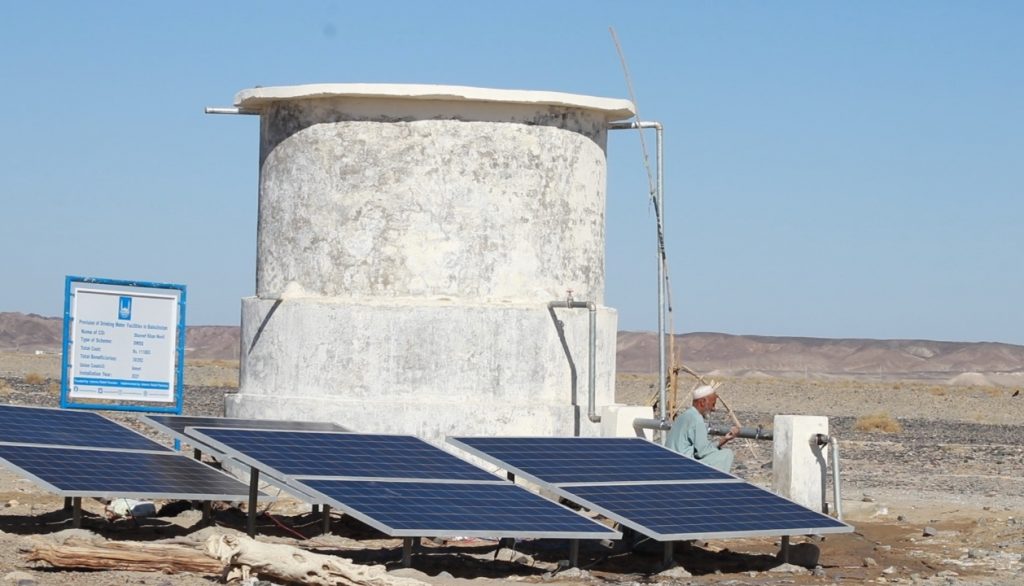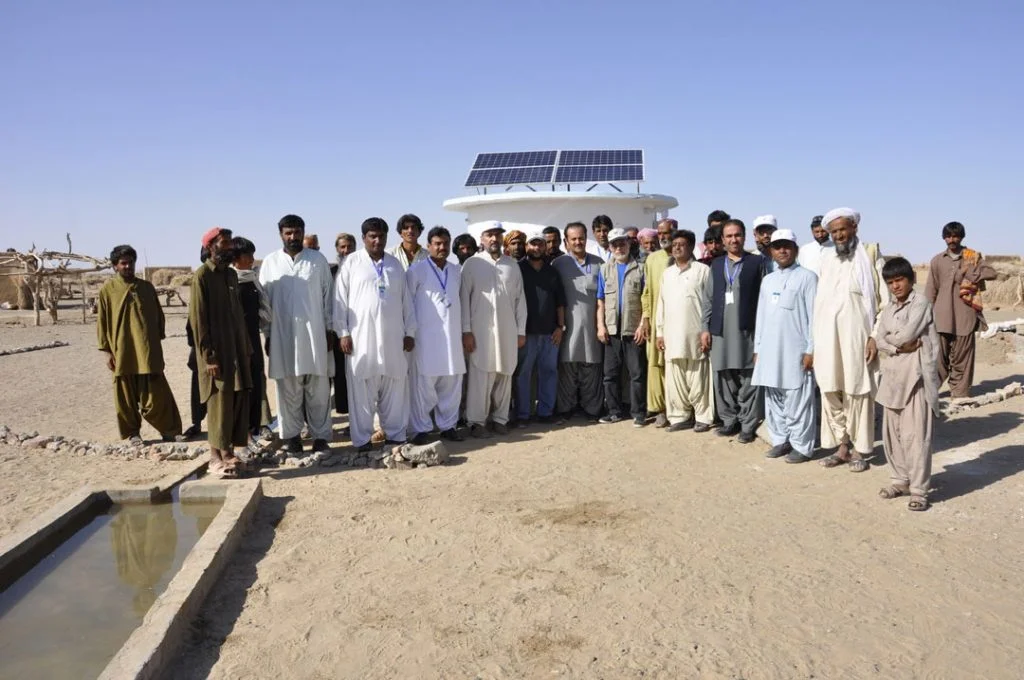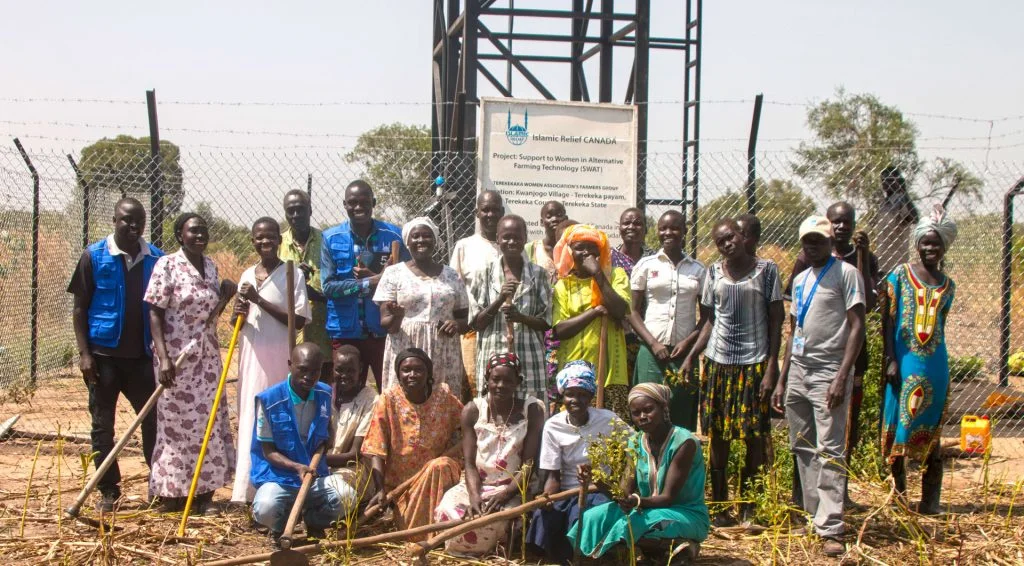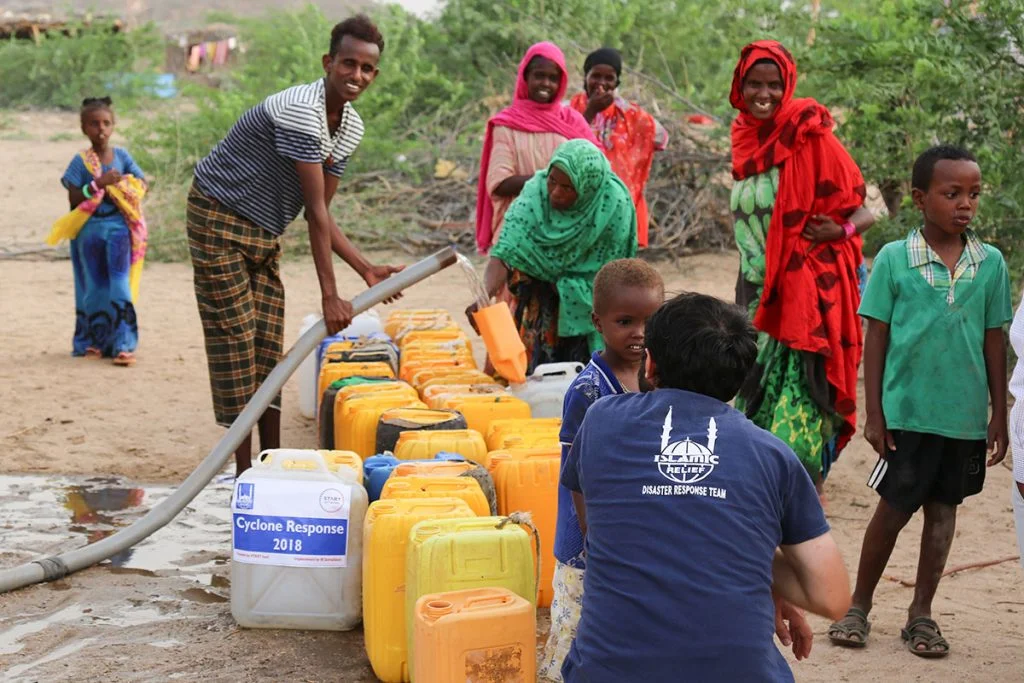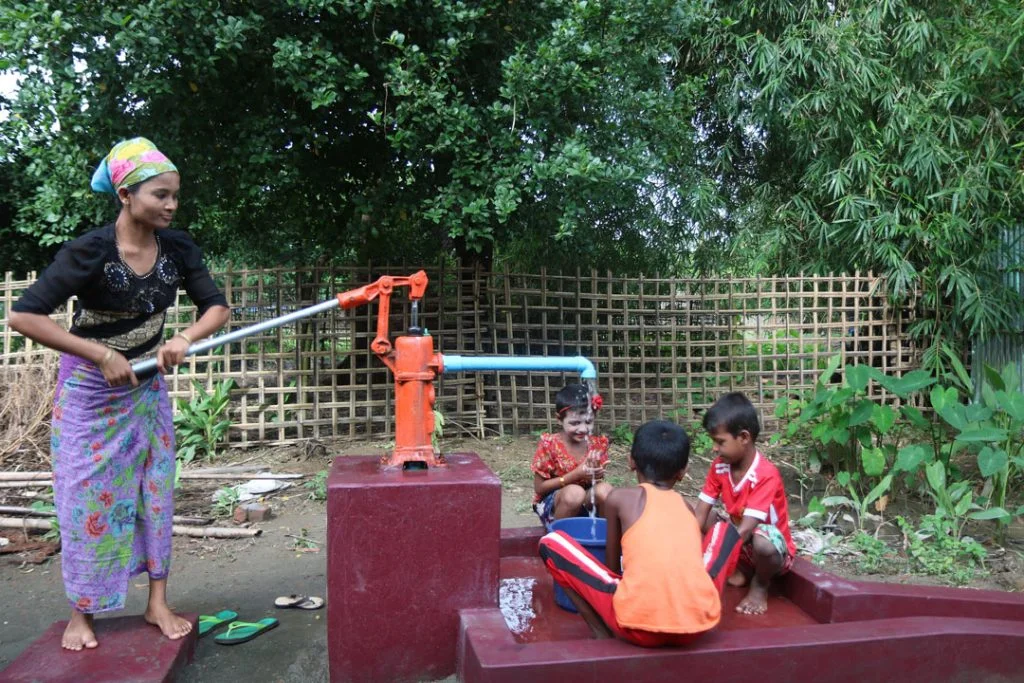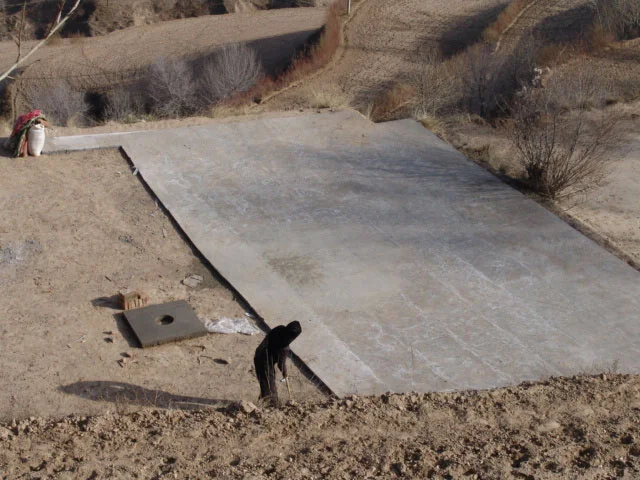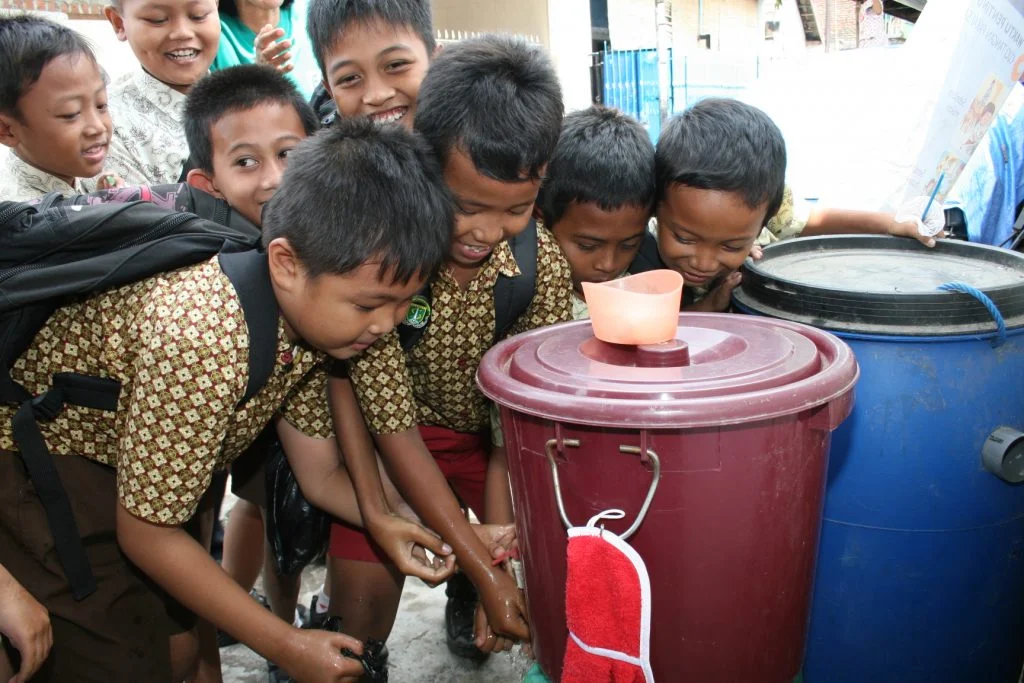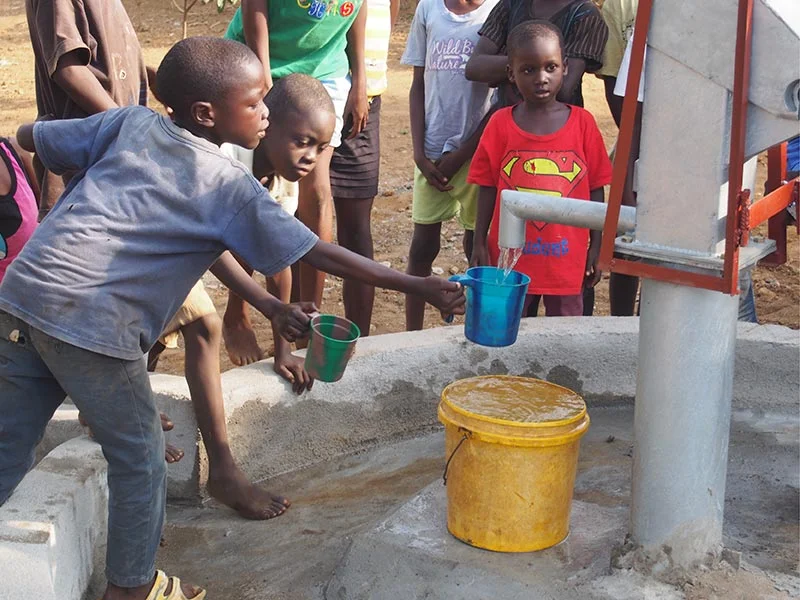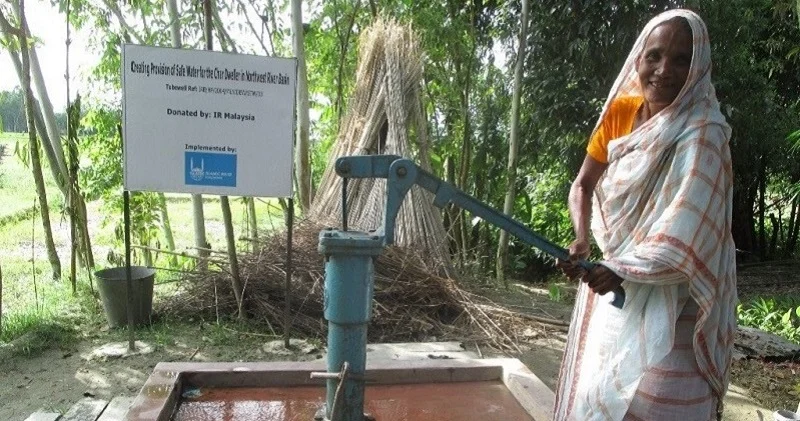Lifesaving water support
785 million people across the globe do not have access to clean water. As a result, many suffer from dehydration and disease, and some lose their lives.
Water is needed for everyday tasks such as washing and cooking, and many have to travel long distances to find small amounts of water, if they can find any at all.
Water is also needed for rearing livestock and watering crops. When rainfall and water supplies run low, many lose their livelihoods and struggle to feed their families.
Islamic Relief work with vulnerable communities to help create safe and reliable water sources.
